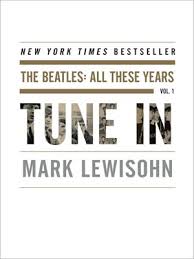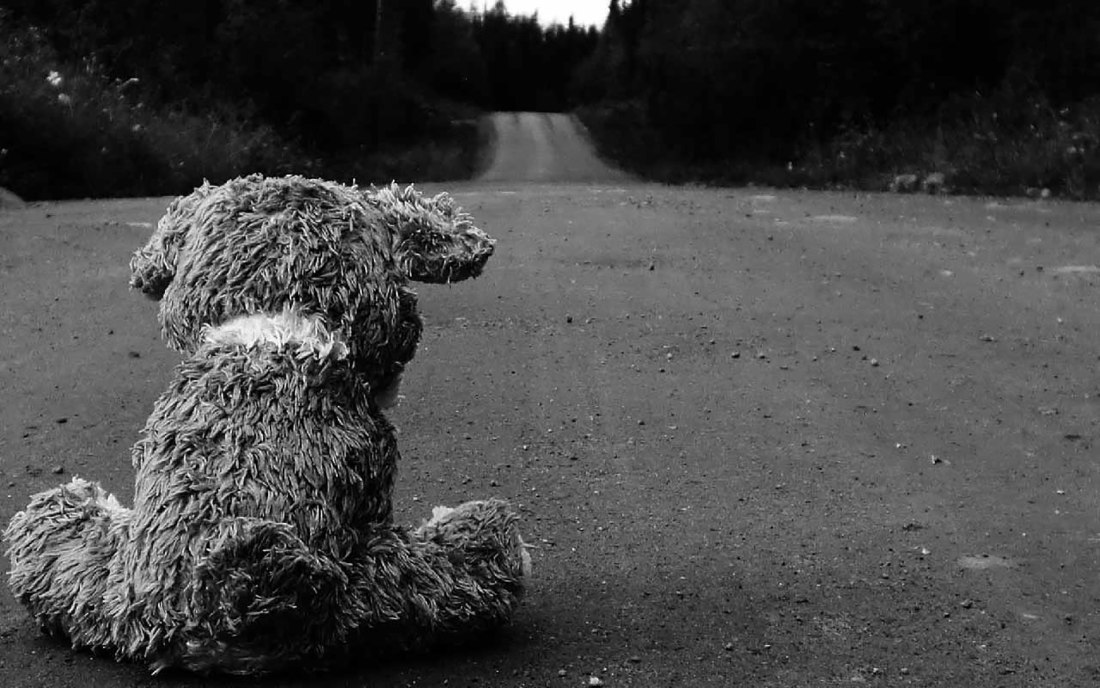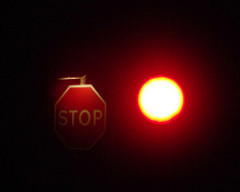
In the 1978 comedy I Wanna Hold Your Hand, about starstruck kids trying to see the Beatles perform on the Ed Sullivan show in 1964, there’s a character named Richard Klaus (played by Eddie Deezen), who styles himself a Beatle scholar. “Ask me how tall George is!” he boasts, frantically. “Ask me John’s birthday! I know everything!” I recalled Richard Klaus when reading Mark Lewisohn’s vast and probably definitive 2013 book Tune In, the first of his planned trilogy of Beatle bios, which begins with the members’ genealogical heritage and concludes on December 31, 1962, just before the release of “Please Please Me.” Tune In not only confirms George’s height and John’s birth, but also the provenance of Ringo’s individual rings, the name and recollections of the Liverpool lass who may have inspired “I Saw Her Standing There” (well, she was just seventeen), and countless more Beatle-related facts. Many are new, many elaborate on known data, and many offer multiple perspectives on disputed events. This is the logical terminus of Richard Klaus’s obsession, and that of millions of other Beatlemaniacs.
More than most celebrities, rock stars’ public work is inextricable from their backstage affairs. Elvis wouldn’t be Elvis if he’d never been a Tupelo trucker; Keef wouldn’t be Keef without his JD and his smack. With the possible exception of Bob Dylan, no pop performers have had their professional careers as closely cross-referenced with their personal evolution as the Beatles. In Mark Lewisohn’s study, the early years of the Fab Four are fraught with portents of future greatness (small examples: a Cavern Club devotee was nicknamed Polythene Pat, and an ambitious teenage Macca had wild daydreams of one day being “enormously famous, fabulously wealthy, and honored by his country” – sure, Paul, whatever). Indeed, a disproportionate part of the Beatles’ reputation has always lain in the improbably provincial origins of these eventual global superstars. The bigger they’ve become, the more humble their beginnings appear, and no quote, date, or eyewitness testimony is too humble for Tune In. Yet this attention to minutiae can descend into a self-reinforcing tautology – something like, “Since they went on to make Sgt. Pepper, the exact set lists of their 1961 Hamburg gigs are all the more important, and Sgt. Pepper must be all the more impressive, considering they were playing R&B covers in a Hamburg dive just a few years prior,” and around and around indefinitely. The Beatles were very special, but a mythology of non-stop specialness from 1957 to 1970 does them and their audience an injustice.
Without denying the depth of Lewisohn’s research, either, it should be said that commercial entertainers are more convenient subjects for books than, say, politicians, scientists, or serial killers. After all, their achievements are by definition made to be publicized, and their back stories, however cleaned up, are usually part of that publicity. Again, this is where the likes of I Wanna Hold Your Hand‘s Richard Klaus earn their expertise. Whereas to be an economist or a biologist you have to wade through what I imagine are some pretty dry textbooks and lectures, advanced Beatleology demands only a tolerance for poignant anecdotes, colorful personalities, hours of catchy music, and reams of press coverage. Lewisohn is no amateur, certainly, but when writing about the Beatles (or, ahem, Led Zeppelin) it can sometimes be difficult to tell investigative authority from trivia-fixated fandom. Despite its exhaustive and often illuminating detail, or because of it, Tune In approaches the limits of staking its central figures’ claim on history, and the limits of the biographer’s responsibility to his material. It’s (almost) all too much, but I can’t wait for Volume II.
Advertisements Share this:




